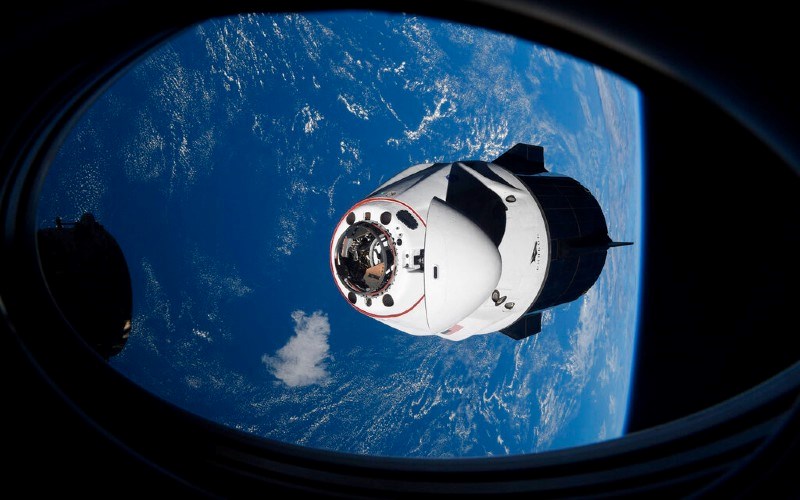As a result of Russia's anti-satellite (ASAT) missile test on November 15, 2021, the lives of the astronauts onboard the International Space Station were temporarily jeopardized by a cloud of orbital debris – or "flying space junk." The ISS crew was forced to seek shelter as at least 1,500 pieces of debris were scattered throughout the dark expanse.
The U.S. Department of State issued a statement almost immediately, calling Russia's action "reckless and irresponsible," and announcing that debris created by the weapons test will threaten "space objects that are vital to all nations' security, economic and scientific interests for decades to come."
The NATO secretary-general joined in, expressing his concern that Russia's "reckless act" will pose a threat to civilian activities and "important space capabilities for basic infrastructure on earth like communications, like navigation, or like early warning of missile launches." The governments of several other countries also condemned the event.

Global security expert Benjamin Varlese tells American Family News that the move by Russia to put its ASAT capabilities on display may have some "serious" national security implications. Varlese acknowledges that when Russia used a missile to destroy the defunct Soviet satellite (Cosmos 1408), it wasn't an act of war – but he explains that the move could bring the country one step closer to considering the use of its ASAT capabilities in a conflict.
According to the former U.S. Army Mountain Infantry platoon sergeant, destroying another country's satellites is always an option on the table. But he's equally concerned about Russia blowing up one of its own assets as part of a strategy to stifle the actions of its adversaries.
"Russia could [destroy a satellite] in a manner that uses a calculated trajectory of the debris field to its advantage," he explains. "Debris can be used to accomplish the mission, hurting the enemy with an added benefit of plausible deniability."
For example, Varlese contends that Global Positioning System (GPS) capabilities could be hampered greatly if the satellite-based navigation system was targeted by flying space debris.
"The United States and nearly everyone else in the world relies on GPS capabilities in times of war and in training," he points out.
Intelligence, Surveillance and Reconnaissance (ISR) satellites operated by the United States and NATO could also find themselves the target of such planned attacks, he adds. Rendering those assets inoperable, according to Varlese, would largely eliminate the ability to observe Russian troop movements.
"[The destruction of these systems] would severely diminish situational awareness of the battlefield and limit countless other capabilities," he warns.
To that end, he says, the flying debris field that would result from Russia's destruction of one of its own satellites becomes a plausible way to "severely" inhibit the ability of the U.S. and its allies to track troop movements and gather intelligence on the battlefield – an undesirable environment as tensions between Russia and Ukraine escalate.







